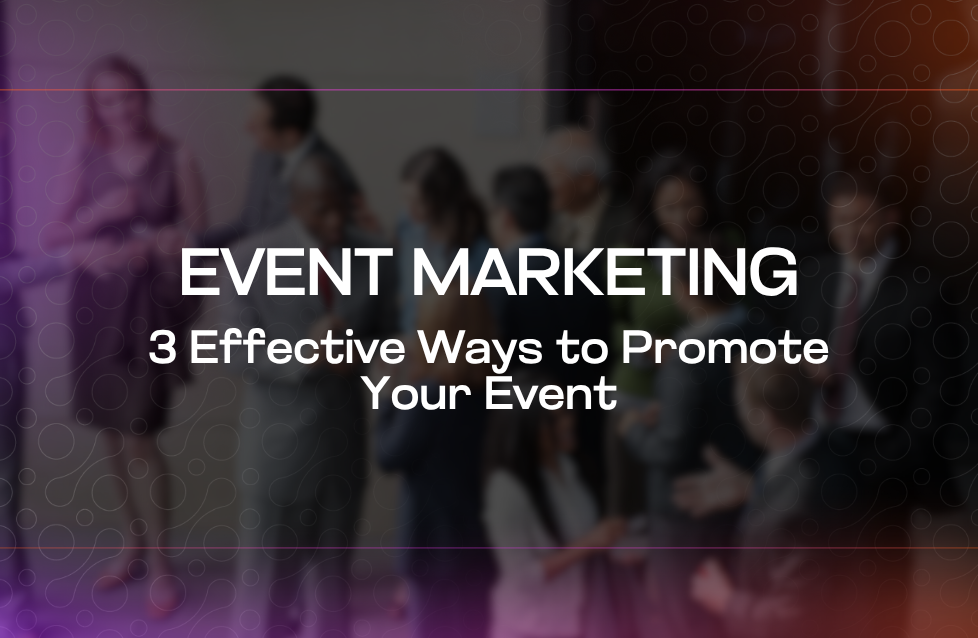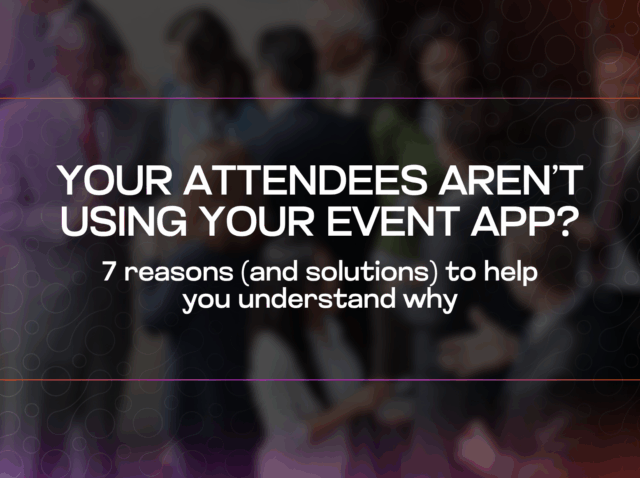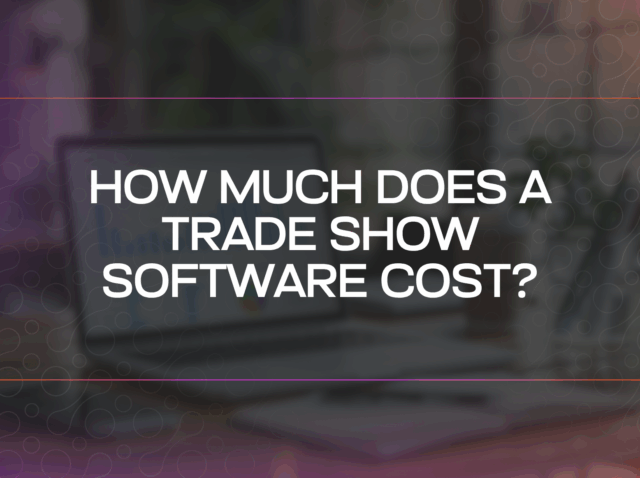Marketing for events is, first and foremost, about innovation. It focuses on promoting a brand, its products, or its services — but what sets it apart is the use of modern technologies and digital platforms.
This approach can be applied not only to brands but also to the promotion of events, regardless of their theme or nature. Through effective event marketing strategies, you can increase participation, enhance brand awareness, and build trust among your audience.
So, how can you apply marketing for events in a practical way? Here are three proven strategies to get started.
1. Define Your KPIs
Before setting up any communication or marketing strategy, it’s essential to establish clear KPIs (Key Performance Indicators) — the key metrics that reflect your company’s success. Each KPI should be linked to a specific goal, such as increasing registrations, engagement, or conversion rates.
Once your KPIs are set, track them over time to understand whether you’re meeting your objectives. This process allows you to analyze the performance of past campaigns and use that data as a foundation for future ones — a data-driven approach that ensures steady improvement.
2. Leverage Social Media for Event Marketing
Social media is one of the most powerful tools for marketing for events. These platforms provide built-in features designed to help you promote your event quickly and effectively. Think of LinkedIn and Facebook event pages, or Instagram countdown stickers that create excitement and anticipation.
To make the most of these tools, create a content calendar that specifies when and where to publish your event-related posts. Consistency and timing are key to building engagement and visibility.
Remember that every social network attracts different audiences. Choose the platforms that best match your target demographic to ensure your message reaches the right people.
3. Improve Your SEO Strategy
Optimizing your website’s SEO (Search Engine Optimization) is crucial for enhancing your online visibility and attracting attendees genuinely interested in your event. To rank higher in search engine results:
- Highlight key event details on your homepage.
- Use relevant and high-performing keywords like Marketing for events in titles, meta descriptions, and page content.
- Focus on User Experience (UX) — Google now rewards websites that are easy to navigate, intuitive, and responsive across all devices.
A strong SEO strategy helps potential participants find your event organically while reinforcing your brand authority in the digital space.
Conclusion
These are just a few tips for improving your event marketing strategy, but there are countless ways to boost your communication efforts.
By building a strategy that integrates digital channels and leverages technology, you can make data-driven decisions that maximize results and audience engagement.
In short, effective marketing for events helps you promote smarter, connect deeper, and achieve greater impact with every initiative you launch.









